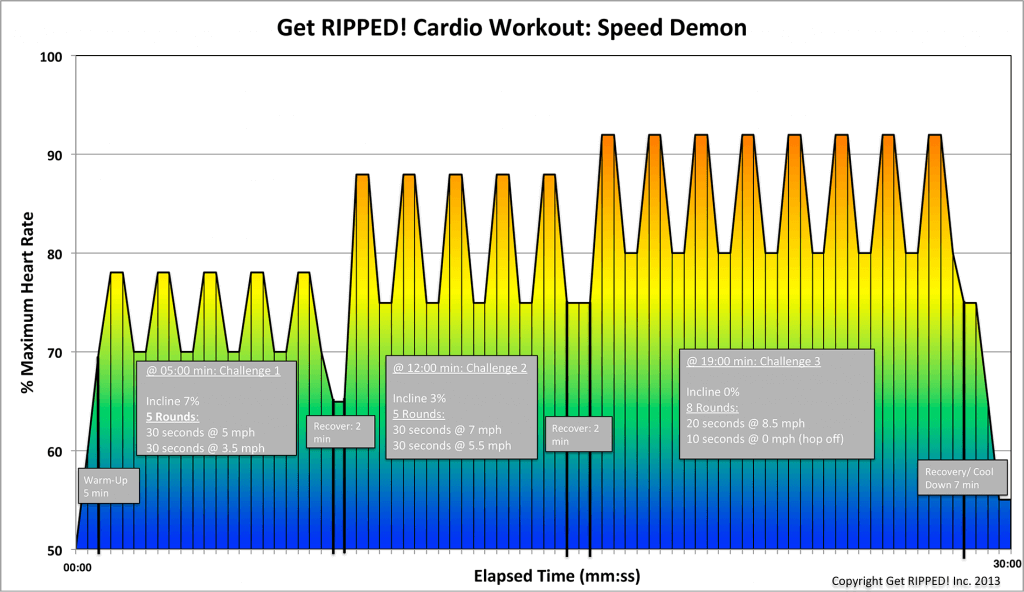Healthy Recipes
How To Stop Food Cravings And Overeating
One minute, you’re innocently going about your day—the next, you’re in the clutches of desire. Your object of lust: a chocolate cupcake with buttercream icing. Next thing you know, you’re licking frosting off your fingers.
What just happened? You were clobbered by a food craving. In a study from Tufts University, 91% of women said they experienced strong food cravings. And willpower isn’t the answer. These urges are fueled by feel-good brain chemicals such as dopamine, released when you eat these types of foods, which creates a rush of euphoria that your brain seeks over and over. What you need is a plan that stops this natural cycle—and helps prevent unwanted weight gain.
The next time you’re hit with an insatiable urge for a double-chocolate brownie, ask yourself these four questions to get to the root cause, then follow our expert tips tailored to your trigger.
- Ask yourself: Am I stressed out?
When you’re under pressure, your body releases the hormone cortisol, which signals your brain to seek out rewards. Comfort foods loaded with sugar and fat basically “apply the brakes” to the stress system by blunting this hormone, explains researcher Norman Pecoraro, PhD, who studies the physiology of stress at the University of California, San Francisco. When you reach for food in response to negative feelings such as anger or sadness (like potato chips after a fight with your spouse), you inadvertently create a powerful connection in your brain. Remember Pavlov’s dog? It’s classic brain conditioning. “The food gets coded in your memory center as a solution to an unpleasant experience or emotion,” says Cynthia Bulik, PhD, author of Runaway Eating and director of the Eating Disorders Program at the University of North Carolina Chapel Hill. Face that same problem again, and your brain will likely tell you, “Get the Cheetos!”
Do this:
Stimulate happiness. “Women especially have a profound emotional reaction to music,” notes Bulik. She asks her clients to create upbeat playlists to listen to whenever a food craving strikes. The songs provide a distraction and an emotional release.
Wait it out. “People give in to cravings because they think they’ll build in intensity until they become overwhelming, but that’s not true,” says Bulik. Food cravings behave like waves: They build, crest, and then disappear. If you can “surf the urge,” you have a better chance of beating it altogether, she says.
Choose the best distraction. “What you’re really craving is to feel better,” says Linda Spangle, RN, a weight loss coach in Broomfield, CO, and author of 100 Days of Weight Loss. You’ve heard the trick about phoning a friend or exercising instead of eating. But “taking a solo walk won’t help if you’re feeling lonely,” says Laurie Mintz, PhD, a professor of counseling psychology at the University of Missouri. Instead, identify your current emotion—bored, anxious, mad—by filling in these blanks: “I feel ____ because of ____.” Then find an activity that releases it. If you’re stressed, channeling nervous energy into a workout can help; if you’re upset over a problem at the office, call a friend and ask for advice. SEE MORE


